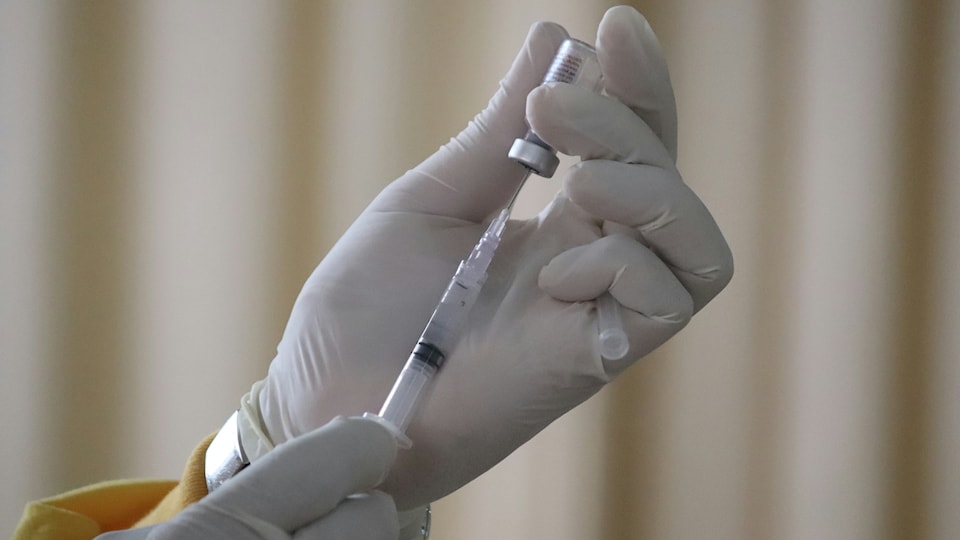Prime Minister Justin Trudeau was joined by Ontario Premier Doug Ford and Toronto Mayor Olivia Chow in announcing today that Toronto has become home to Canada’s largest vaccine production centre.
The Canadian government is working with Sanofi, a global pharmaceutical company, to produce and distribute pediatric and adult vaccines for whooping cough, diphtheria, and tetanus.
Sanofi’s Toronto Campus will play a major role in rebuilding Canada’s biomanufacturing sector which suffered during the pandemic.
Federal Health Minister Mark Holland said the facility will boost domestic biomanufacturing capacity.
"Protecting the health and safety of people in Canada is one of our government's top priorities,” he said.
During the COVID-19 pandemic, Canada relied heavily on imported vaccines due to the lack of domestic resources.
Producing vaccines on a large scale will help Canada become self-sufficient in case another pandemic were to occur, Trudeau said.
Ya'ara Saks, the federal minister of mental and addictions said it's critical to have the capacity to develop and produce vaccines because of the resurgence of infectious diseases.
“In strengthening Canada's vaccination supply, we can better help protect our loved ones, our communities, and the most vulnerable among us," she said.
The Toronto Campus will not only aid in producing and manufacturing vaccines but will create many high-scale jobs for Canadians, Trudeau said.
Ford said the new facility will employ more than 200 workers. It's expected the facility, the first of two, will also employ about 1,000 other jobs related to the project.
Sanofi’s newly opened Vaccine Manufacturing Facility was supported by a $20 million investment from FedDev Ontario, a repayable contribution through the Advanced Manufacturing Fund.
Ontario provided $50 million through its Jobs and Prosperity Fund, while the city is providing tax incentives to the company through the Imagination, Manufacturing, Innovation and Technology incentive program.
The 200,000-square-foot facility will be ready by 2027, playing an integral role in advancing Ontario’s bio-manufacturing capabilities, said Vic Fedeli, Ontario's minister of economic development.
“This new state-of-the-art facility is another vote of confidence in our workers and our growing life sciences sector, helping to ensure people in Ontario and around the world have increased access to life-saving vaccines when they need them,” Ford said.
The vaccines produced in the facility will also be exported to 60 global markets.
“It’s a tremendous win for Ontario, for the country, for our workers, and the Ontario government was pleased to support this project,” Ford said.
The second Toronto facility is expected to cost $925 million and will make the company's Fluzone High-Dose Vaccine. It will be funded by a $455 million investment by the company and $55 million from the province.
“Sanofi’s two new facilities in Toronto will create good-paying jobs, protect the health and well-being of Canadians, and give our scientists, innovators, and researchers a fair chance to succeed,” Trudeau said.



